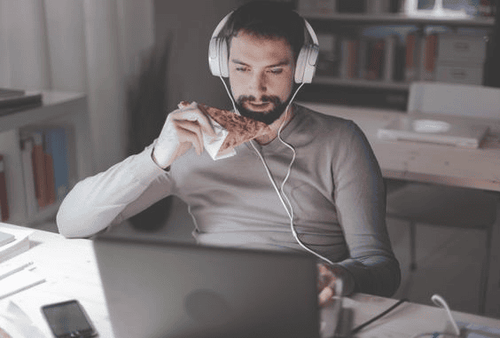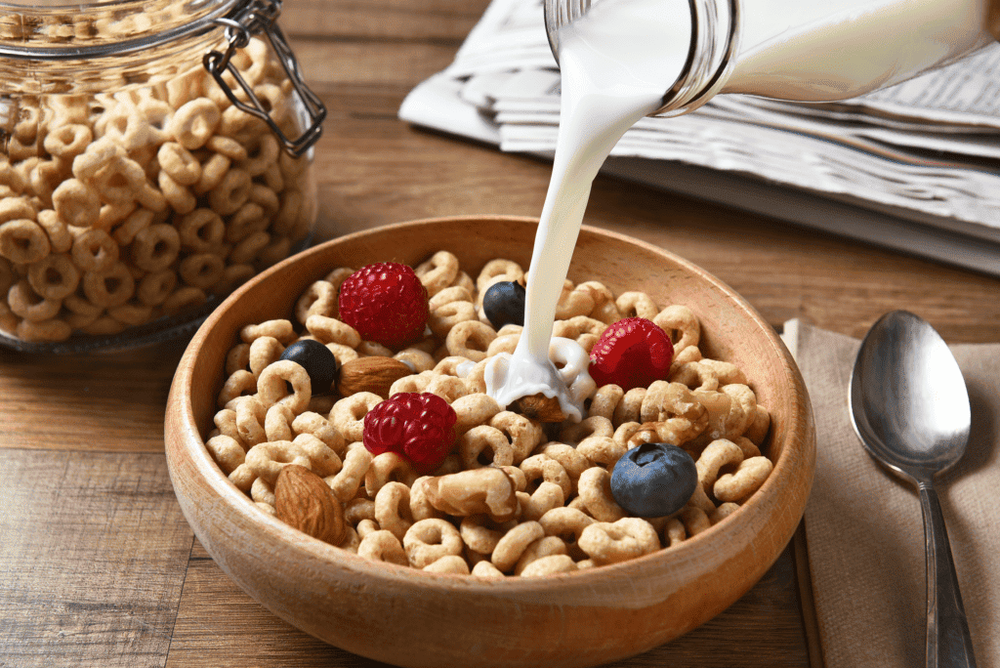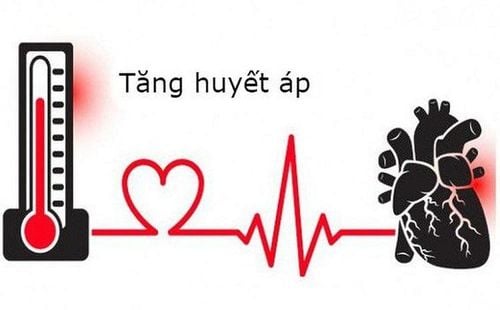This is an automatically translated article.
Many people think that it is not advisable to eat before bed to avoid weight gain. On the contrary, some experts say that having a snack before bed will effectively support weight loss. The truth is that the effects of eating before bed vary from person to person and depend on many other factors.
1. Controversy surrounding eating before bed
Whether to eat before going to bed at night is a hot topic of debate among nutritionists. Many people know that eating before bed will cause weight gain because the metabolism slows down during sleep. This causes undigested calories to be stored as fat. In contrast, health experts say eating before bed is perfectly fine, and can even improve sleep or weight.
In fact, the basal metabolic rate at night is on average the same as during the day. Your body still needs a lot of energy while you sleep. There is also no evidence that calorie intake is higher before bed than at other times of the day. However, although the physiological reason is unknown, some studies have linked the habit of eating before bed with weight gain.

Ăn trước khi ngủ giúp cải thiện chất lượng giấc ngủ
2. When is it bad to eat before sleeping?
2.1. Unhealthy Habits
Some studies show that people who eat before bed are more likely to gain weight.
The simple reason is that bedtime snacks add calories to your total daily intake. Moreover, the evening is the time when many people feel the most hungry. This makes for a bedtime snack that will push calories beyond daily needs.
It is a fact that most people snack at night while watching TV or working on the computer. It is these habits that lead to weight gain.
Some people also feel extremely hungry at night because they don't eat enough during the day. This creates a cycle: eating too much before going to bed, then eating less the next morning because you are too full, and continuing to be hungry that night. This cycle easily causes you to overeat and gain weight. So it is important to make sure to eat enough during the day.
For most people, nighttime eating is not associated with a slow metabolism, or a switch to storing calories as fat. Instead, the cause of weight gain is due to unhealthy habits that often accompany snacking before bed.

Vừa ăn vừa xem ti vi hoặc dùng máy tính rất có hại
2.2. People with reflux
Gastroesophageal reflux disease (GERD) is a common condition that occurs when stomach acid backs up into the throat. Symptoms include: heartburn, difficulty swallowing, phlegm in the throat or worsening of nighttime asthma. If you have any of these symptoms, you should avoid snacking before bedtime.
Eating before bed can make symptoms worse. Because when you lie down, a full stomach makes it easier for the acid to go back up into the throat. So if you have reflux, it's best not to eat anything for at least 3 hours before lying down in bed.
In addition, you also need to avoid drinking or eating foods containing caffeine such as alcohol, tea, chocolate and hot spicy spices. All of these foods can aggravate reflux symptoms.
3. Benefits of eating before sleeping
Although some people should not eat before going to bed, it can also provide some benefits.
3.1. Refrain from eating at night and support weight loss
Instead of causing weight gain, a bedtime snack can actually help some people lose weight. If you're someone who tends to load up on calories late at night, having an after-dinner snack can help control this urge.
In a 4-week study of adults who liked to eat late at night, they started eating a bowl of cereal and milk 90 minutes after dinner. In the end, they lost an average of 0.84 kg.
This study shows that having an extra snack after dinner can help people who stay up late to eat less late at night. Over time, this can be helpful in losing weight.
Eat apples before going to bed fat? There is no evidence that eating a little healthy food before bed leads to weight gain

Ăn ngũ cốc với sữa sau bữa tối 90 phút có tác dụng hỗ trợ giảm cân
3.2. Help sleep better
Getting enough sleep is extremely important, it is the lack of sleep that has been linked to overeating and weight gain. A bedtime snack helps some people sleep better or not have to wake up in the middle of the night with hunger pangs. In other words, a bedtime snack can help you feel full and satisfied throughout the night.
3.3. Stabilize blood sugar in the morning
In the morning, the liver begins to produce extra glucose (blood sugar) to provide the energy it needs to wake up and start the day.
This process is quite normal in people without diabetes. However, some people are unable to produce enough insulin to remove excess glucose from the blood. For this reason, diabetics often wake up in the morning with high blood sugar, even without eating anything the night before. Others may experience low blood sugar at night, disrupting sleep.
If you experience any of the above symptoms, you need to talk to your doctor to adjust your medication. Additionally, a few studies suggest that a bedtime snack may help prevent changes in blood sugar levels. The meal will provide an extra source of energy to help keep the body steady throughout the night.
However, this study is not true for everyone. If you have high or low blood sugar in the morning, consult your doctor before deciding to have a bedtime snack.
4. What should eat before going to bed?
4.1. Avoid desserts and junk food
Do not eat traditional desserts or junk food, like ice cream, cakes or chips. These foods are high in unhealthy fats and added sugars, which create cravings and stimulate overeating. This makes it easy to exceed your daily calorie needs.
Although eating before bed won't make you gain weight, it's these high-calorie foods that do. If you like it sweet, stick with some berries or dark chocolate (watch out for the hidden caffeine). People who like salty snacks should choose nutritious nuts.

Tránh các món ăn vặt vào ban đêm
4.2. Combine Carbs with Protein or Fat
Experts suggest combining complex carbs with protein, or a little healthy fat in your bedtime menu.
Complex carbs like whole grains, fruits and vegetables, provide a steady source of energy as you fall asleep. Pairing it with protein or a small amount of fat can help keep you full throughout the night and keep blood sugar levels steady.
Some evidence suggests that eating foods that are high in carbs and have a high glycemic index can also make you drowsy. That's because carbs improve transport of the amino acid tryptophan, which can be converted into a neurotransmitter that helps regulate sleep. The same goes for tryptophan-rich foods like milk, fish, poultry, or red meat.
In addition, a high-fat meal also improves sleep quality. Namely eating yogurt before bed, an apple with peanut butter, whole grain crackers and a slice of turkey, or cheese and grapes.
The answer to whether or not to eat before bed really depends on the individual. However, you should not eat unhealthy foods or eat too many calories before going to bed. Overall, most people can enjoy a healthy bedtime snack.
If you have any questions related to the topic of nutrition for the body that need advice from a doctor, you can leave your question in the ASK VINMEC DOCTOR section directly on the hospital website. Your question will be sent to the doctor and you will receive a consultation as soon as possible!
Reference source: healthline.com













